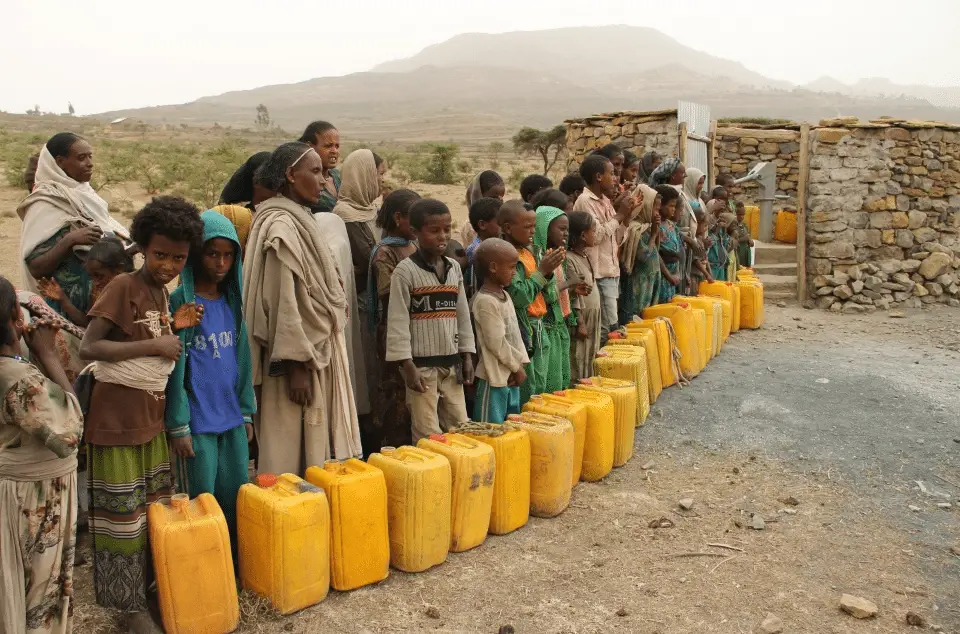The Minister for Water, Irrigation and Electricity Mr. Firenesh Mekuria in Ethiopia says that the country is moving towards the increment of more potable water access points at a national level.
Also read:Water Purifying Pilot Project inaugurated in Ethiopia
The Minister addressed various stakeholders while at the 19th round water forum and urged them to narrow the gap in the supply by joining hands with the government.
He said that even though the country had built an impressive reputation in increasing the access to potable water, they had still not yet achieved their MDGs goals in the supply of safe water which is part of its Growth and Transformation Plan (GTP-I) efforts.
Also read:Ethiopia receives US$91.1m for water and sanitation project
The forum brought together over 700 representatives with a theme ‘Accelerated, equitable, sustainable water supply and improved sanitation for all’
According to the head of Oromia State Water, Mines and Energy Bureau Mr. Assefa Kumesa, the state is at a current level of 54% in clean water storage.
The incorporation of better technological input has enabled the elevation incoverage in both rural and urban centres. The State is planning to increase water coverage in both the rural and urban areas.
It is already underway in the plans of increasing these potable areas in the rural area by 79% and 77.5% in urban areas. By the end of GTP II, the state projects to have completed this phase.
The bureau will however need to put in more effort to ensure a 100 percent coverage water supply in the state.
The current challenges that they are experiencing in the provision of potable water include emerging demands from higher learning institutions as well as the industrial parks expansions.
The forum was aimed at the mobilization of resources from the key stakeholders in a bid to overcome the challenges.
The move is expected to increase access to water that is safe for human consumption and improve the economy.
